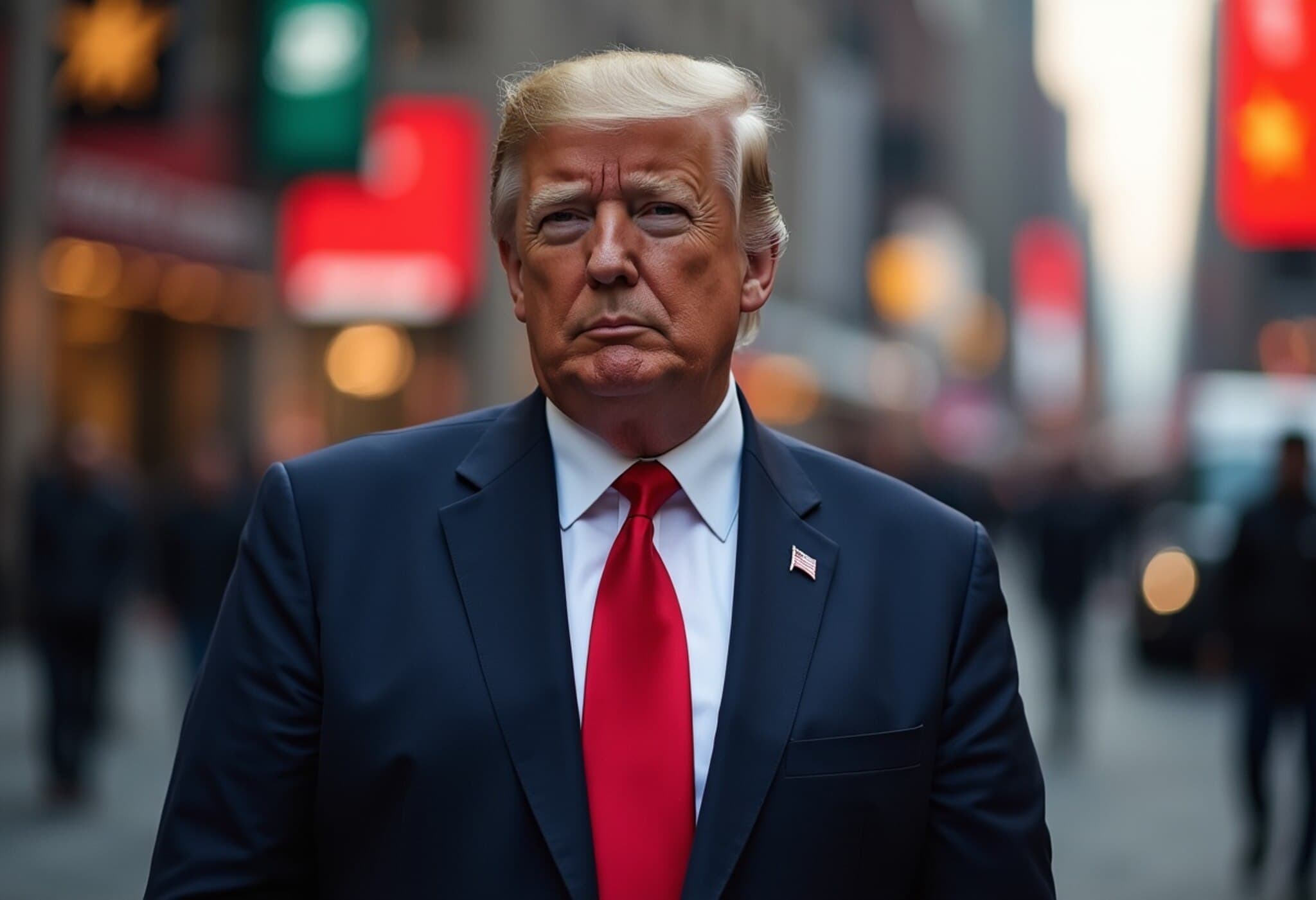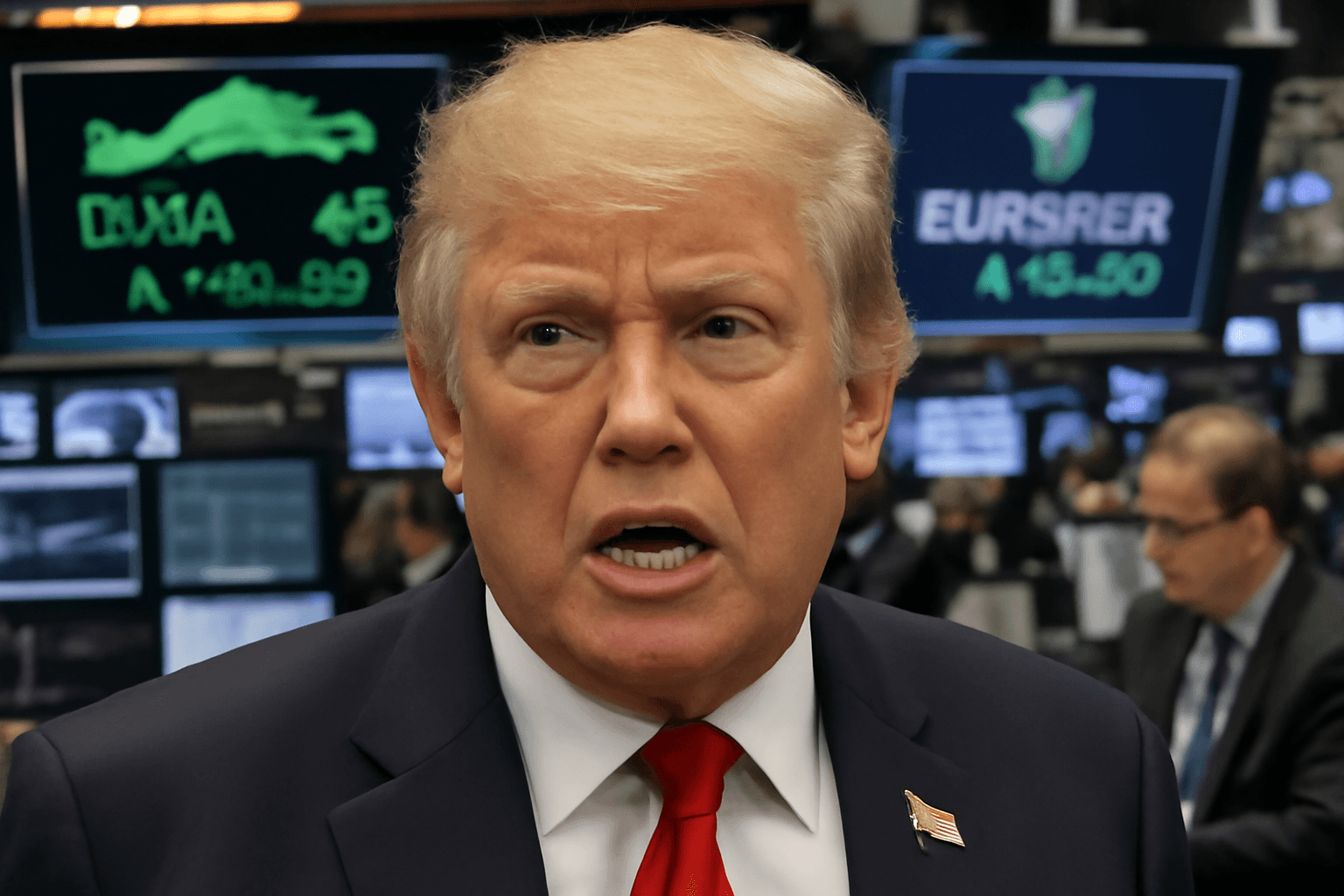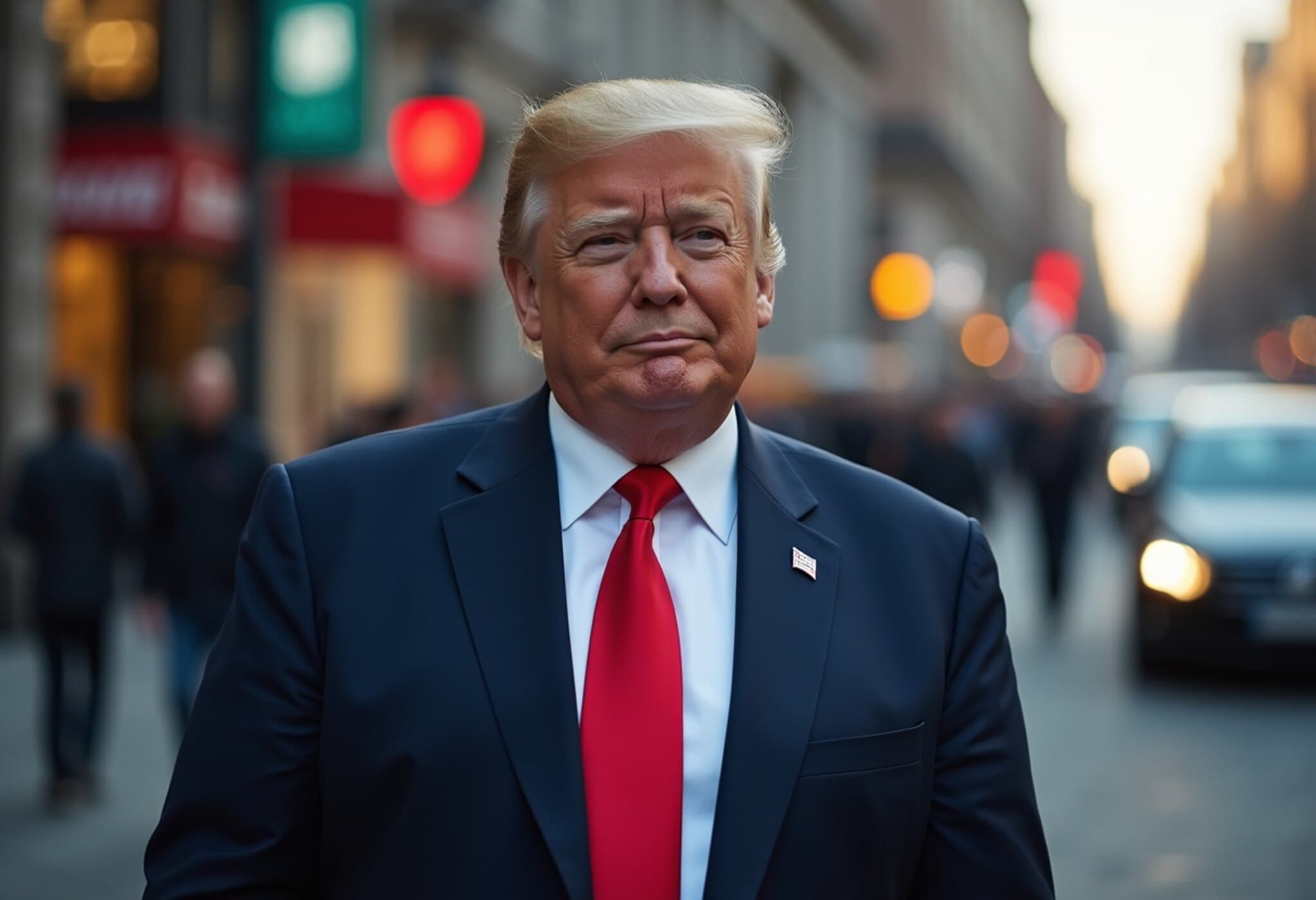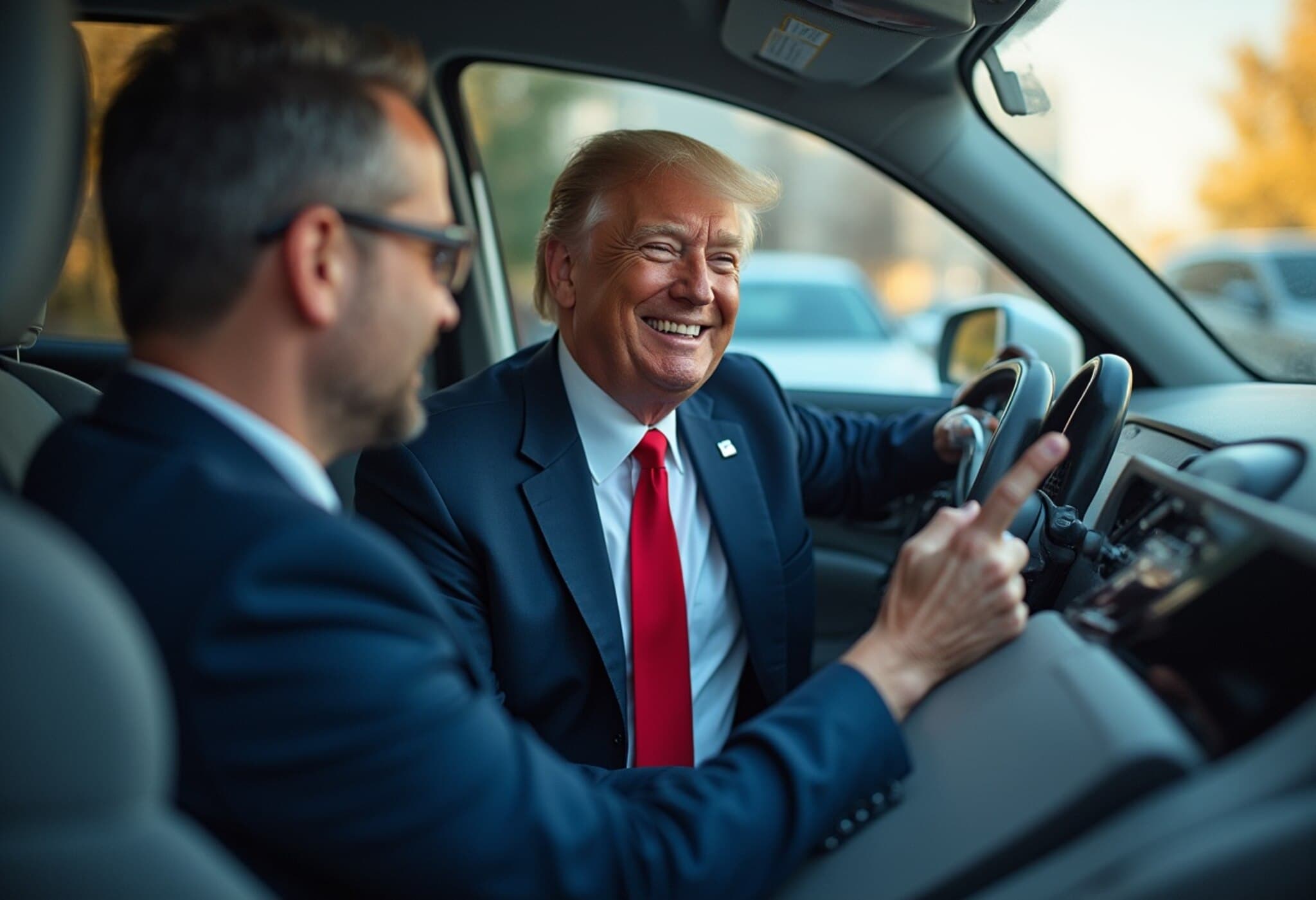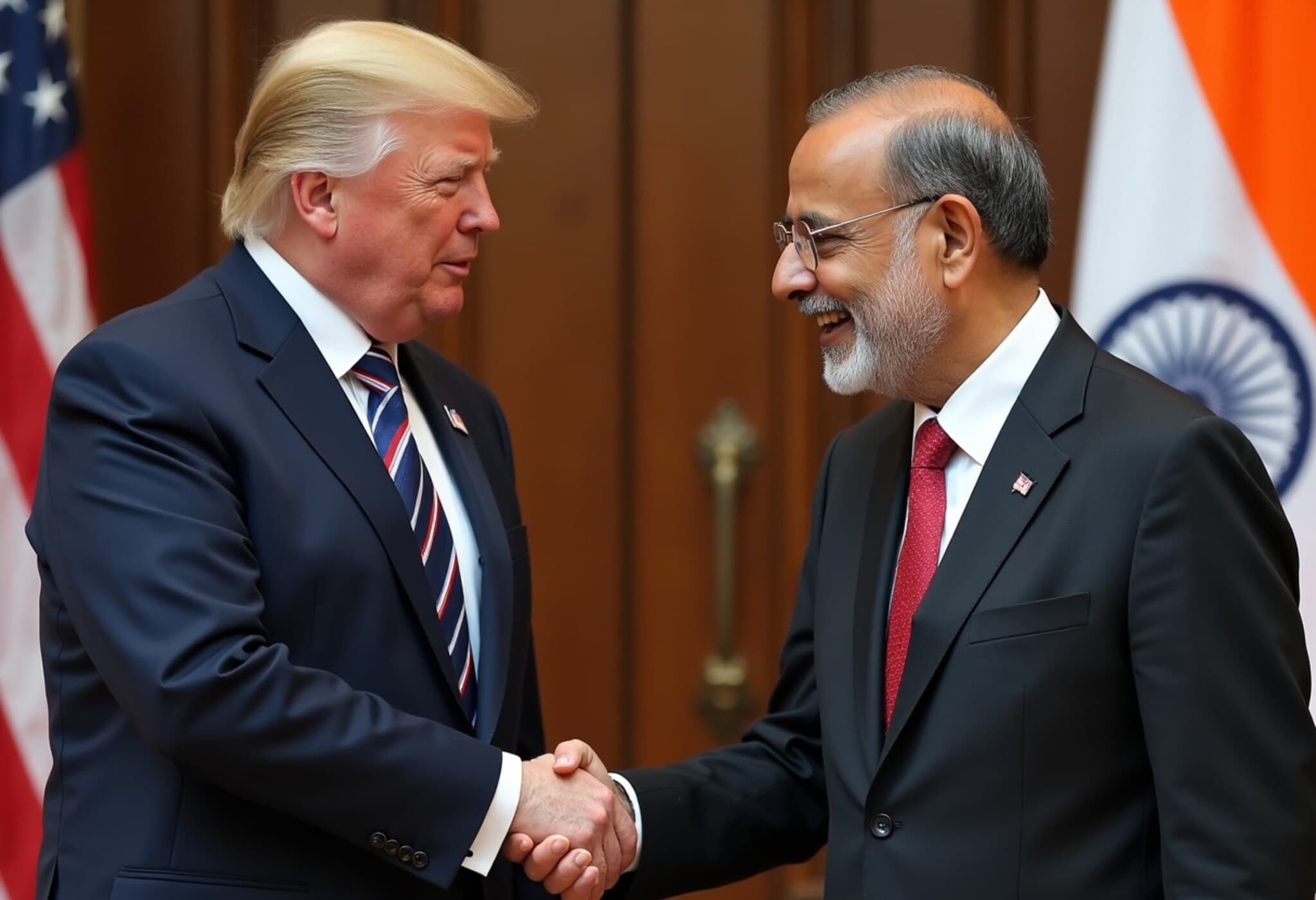U.S. Tariffs Take Effect Amid Market Resilience
On August 7, 2025, the United States activated a new wave of reciprocal tariffs affecting dozens of key trading partners. These levies come as part of the Trump administration’s ongoing strategy to recalibrate global trade dynamics. While the tariffs vary, a baseline 10% tariff now applies broadly to exports from countries not explicitly exempted.
This move represents one of the most significant tariff escalations seen since the notorious Smoot-Hawley Act of the 1930s. Yet, history has taught us that such policies often remain fluid. Notably, previous tariff deadlines—including the so-called “Liberation Day” tariffs—were postponed or softened after intense diplomatic negotiations.
Given this backdrop, investors and global markets appear to be taking the latest developments in stride, demonstrating a cautious optimism amid policy uncertainty.
Market Reaction: Mixed but Optimistic
Despite the controversial tariffs, U.S. and global markets showed a tempered response on Thursday. The S&P 500 retreated slightly after booking earlier gains, while the tech-heavy Nasdaq managed moderate advances, signaling investor confidence in innovation-driven sectors. Meanwhile, the Dow Jones Industrial Average edged down marginally.
Across the Pacific, Japan’s Topix index outperformed regional peers, reflecting Asia’s nuanced position amid trade uncertainties. This diverse market performance highlights the complex interplay between policy risks and corporate resilience.
SoftBank's Stock Surges on Robust Earnings
In a standout move amidst global economic jitters, SoftBank's shares soared over 13% on Friday, marking their highest peak in five years. The surge follows the conglomerate’s announcement of fiscal first-quarter profits that exceeded market expectations, underscoring the company's strategic adaptability and investment acumen in sectors like technology and telecommunications.
SoftBank’s rally serves as a beacon of confidence for investors navigating an otherwise volatile environment.
OpenAI Unveils Game-Changing GPT-5 Model
Advancing the AI frontier, OpenAI launched its newest large-scale language model, GPT-5, and crucially made it accessible to all users, including those on the free tier. The updated model promises enhanced intelligence, speed, and utility across critical domains such as writing, programming, and healthcare innovation.
Experts suggest this democratization of AI could accelerate digital transformation and reshape workflows across industries, raising profound questions about the future of human-machine collaboration.
China-U.S. Trade Talks Fuel Air Freight Demand
The ongoing negotiations between Beijing and Washington have spurred an uptick in air freight volumes as exporters rush to get goods into the U.S. before impending tariff deadlines, particularly ahead of August 12. This surge illustrates how geopolitical maneuvering directly impacts supply chains and logistics, spotlighting companies’ need for agility in an uncertain trade environment.
Investor Spotlight: The Challenge of 'Zombie Funds' in Private Equity
Beyond tariffs and market headlines, private equity investors face a less visible but critical issue: the rise of so-called “zombie funds.” These aging investment vehicles are characterized by stalled exits and capital locked away with no clear liquidation timeline. Following a decade of prolific dealmaking post-2008 financial crisis, private equity is now grappling with portfolio stagnation, raising questions about returns and investor liquidity.
This phenomenon could have wider implications on capital flow and the health of alternative asset markets, emphasizing the need for more innovative exit strategies.
Key Takeaways
- Tariffs are complex and fluid: Despite enactment, future negotiations may soften impacts.
- Markets show resilience: Mixed reactions highlight cautious optimism.
- SoftBank’s performance shines: Strong earnings reflect corporate adaptability.
- AI innovation accelerates: GPT-5’s launch democratizes advanced technology access.
- Trade tensions affect logistics: Firms expedite shipments ahead of deadlines.
- Private equity hurdles: ‘Zombie funds’ spotlight liquidity challenges for investors.
Editor’s Note
The evolving landscape of U.S. tariffs demonstrates the delicate balance policymakers must strike between protecting domestic interests and maintaining global trade relationships. Markets currently seem to absorb these shocks without panic, possibly reflecting confidence in ongoing diplomatic negotiations and corporate resilience.
Meanwhile, tech and innovation continue to offer bright spots. From SoftBank’s earnings to OpenAI’s groundbreaking GPT-5, these developments underscore a broader economic transition where technology increasingly shapes market trajectories.
As private equity confronts liquidity bottlenecks, the interplay between traditional financial models and emerging global risks calls for keen scrutiny. Readers and investors alike should watch how these interconnected themes—trade policy, technological progress, and capital markets health—unfold, shaping the world economy’s next chapter.


